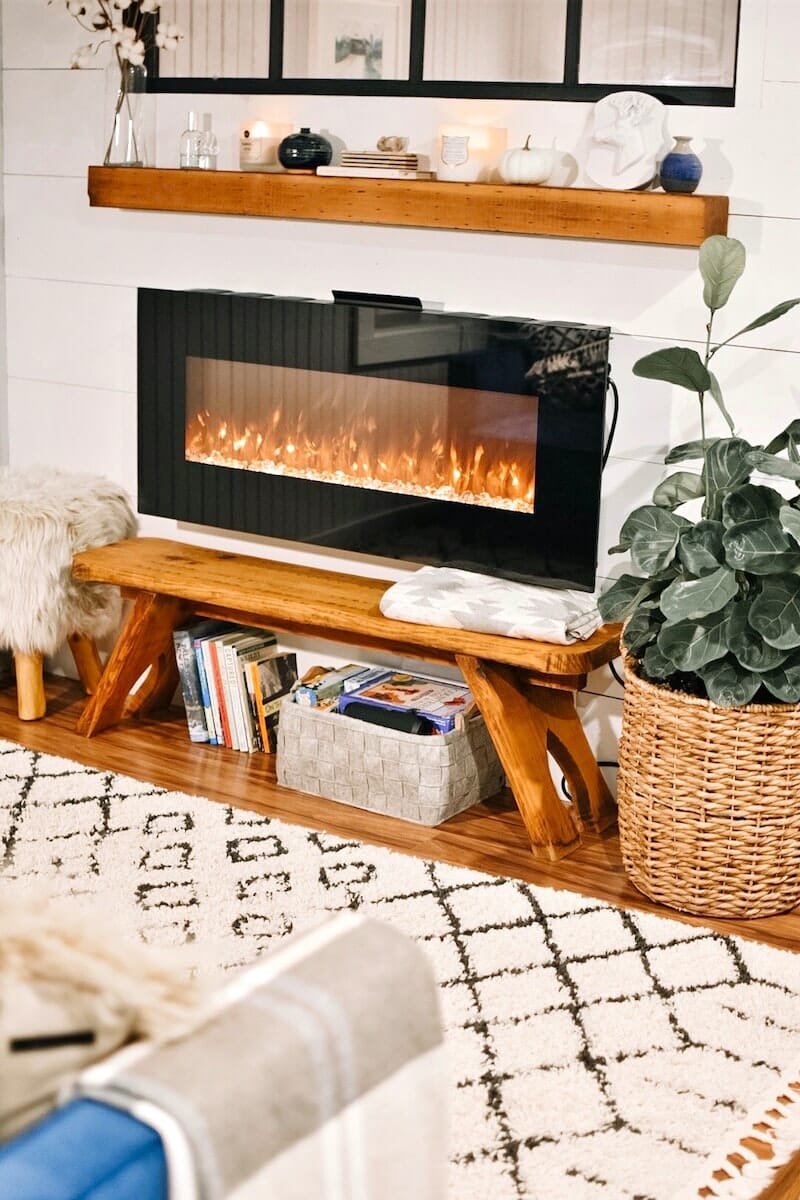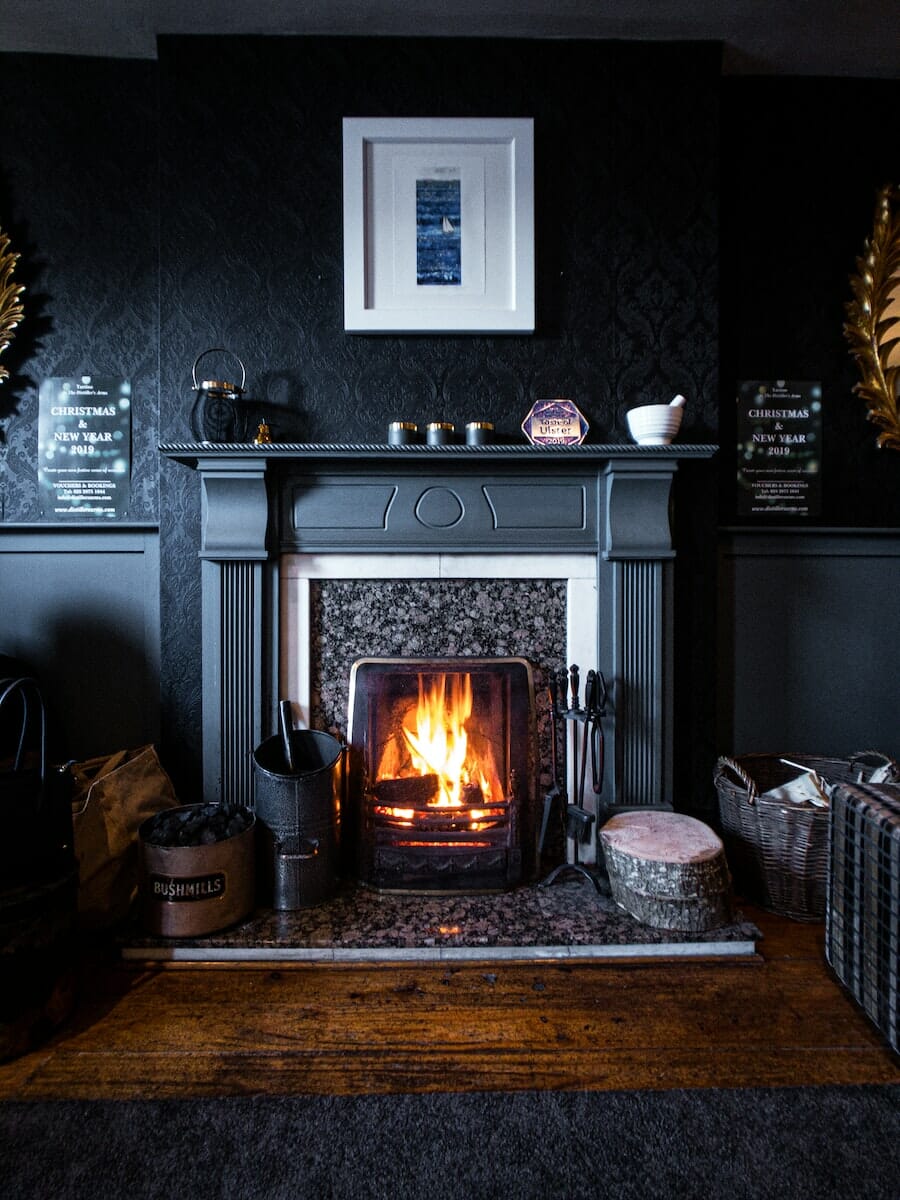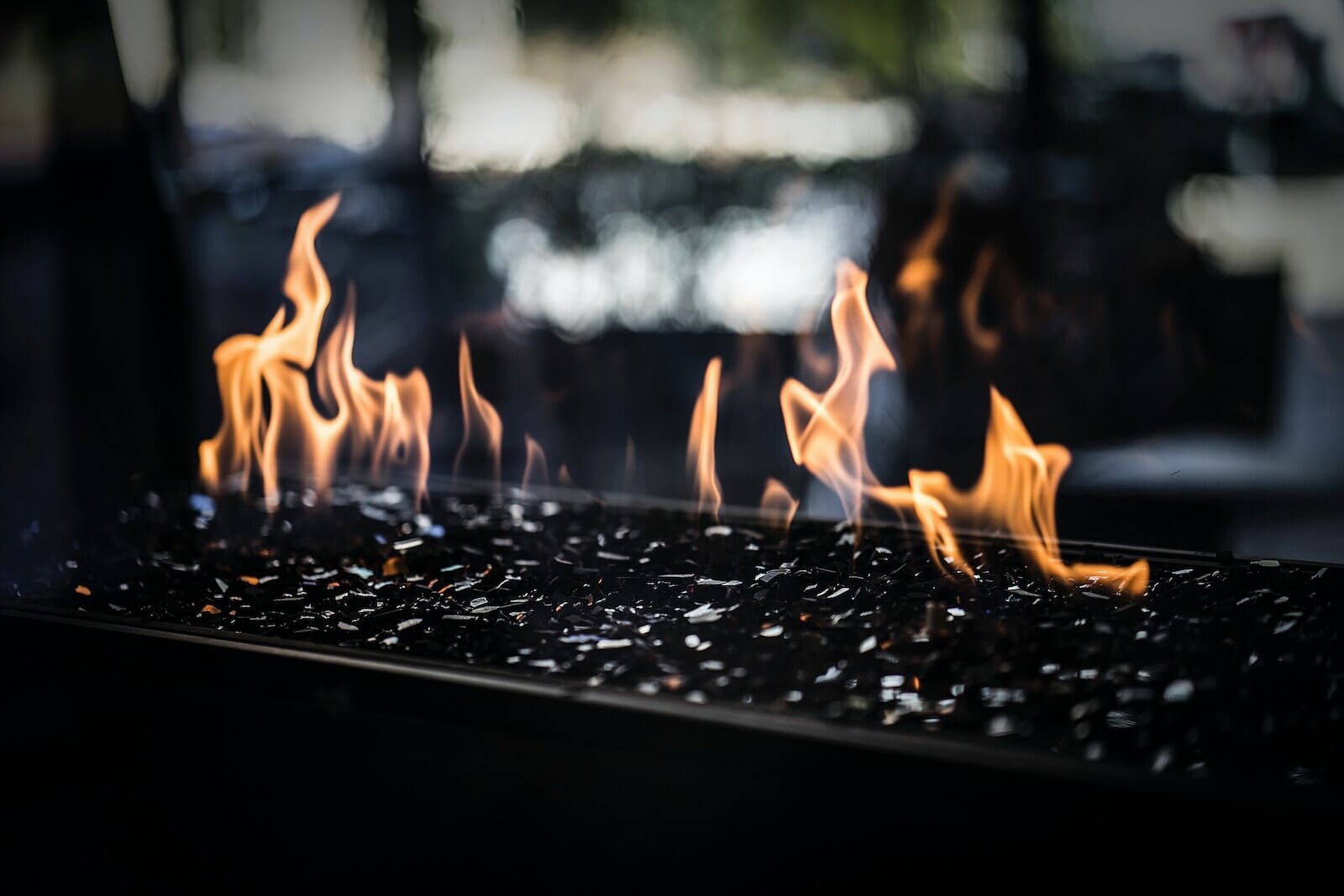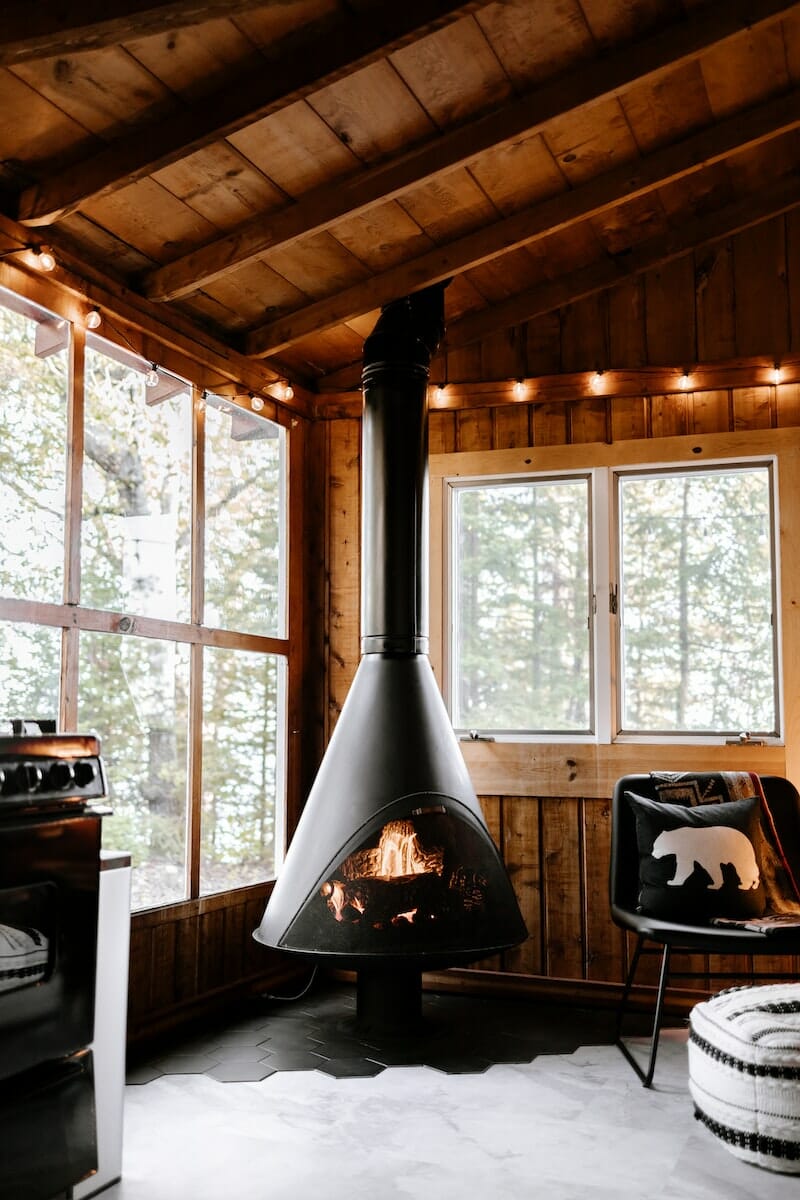Gas and wood are two very different materials used for burning a fireplace. While it is possible to purchase a fireplace that can accommodate both gas and wood, it is not recommended.
The main reason is that gas and wood burn at different temperatures. Gas burns much hotter than wood, so the gas fireplace will likely crack and damage the wood-burning fireplace.
In addition, the wood-burning fireplace will not provide enough heat to vent the gas fireplace properly. As a result, it is not recommended to use gas and wood-burning fireplace together.
Contents
- What are the benefits of using a gas fireplace?
- Easy to use
- Convenient
- Clean
- Efficient
- What are the benefits of using a wood-burning fireplace?
- Natural
- Cheap
- CO2-neutral
- What are the drawbacks of using a gas fireplace?
- High initial cost
- Potential pollutants
- Inconvenient if the power goes out
- What are the drawbacks of using a wood-burning fireplace?
- Chimney needed
- Messy
- Smoke
- Can I install a gas fireplace myself?
- Can I convert my wood-burning fireplace to a gas fireplace?
- Can I use my gas fireplace if there is a power outage?
- Conclusion
What are the benefits of using a gas fireplace?

There are a few benefits to using a gas fireplace.
Easy to use
Gas fireplaces are very easy to use. You turn on the gas and light the fireplace with a match or remote control. The gas fireplace will then stay lit until you turn it off.
Convenient
Gas fireplaces are also very convenient. You don’t have to worry about chopping wood or storing it near your home.
Clean
Gas fireplaces produce little to no smoke, so they are much cleaner than wood-burning fireplaces.
Efficient
Gas fireplaces are also very efficient. They generate a lot of heat without using a lot of fuel.
What are the benefits of using a wood-burning fireplace?
Wood-burning fireplaces have a few benefits as well.
Natural
One of the best things about wood-burning fireplaces is that they are natural. There’s something special about using a natural resource to provide heat for your home.
Cheap
Wood is a very cheap fuel source, especially if you can access free wood. The price of wood has been steadily rising in recent years, but it is still cheaper than gas.
CO2-neutral
Wood-burning fireplaces are also CO2-neutral, meaning they don’t contribute to greenhouse gas emissions.
What are the drawbacks of using a gas fireplace?
There are a few drawbacks to using a gas fireplace.
High initial cost
Gas fireplaces can be expensive to purchase and install. The cost of the gas itself can also be expensive, depending on the price of natural gas.
Potential pollutants
Although gas fireplaces produce little to no smoke, they can release pollutants into the air.
Inconvenient if the power goes out
If there is a power outage, gas fireplaces will not work.
What are the drawbacks of using a wood-burning fireplace?
There are also a few drawbacks to using a wood-burning fireplace.
Chimney needed
You need a chimney to use a wood-burning fireplace. That is because wood-burning fireplaces produce a lot of smoke.
Messy
Wood-burning fireplaces can be messy. It would help if you dealt with ashes and soot, and you may need to clean the chimney regularly.
Smoke
Wood-burning fireplaces produce smoke, which can be a health hazard. Smoke has been known to cause respiratory problems, so it’s important to ensure your fireplace is properly ventilated.
Can I install a gas fireplace myself?

It is not recommended to install a gas fireplace yourself. Gas fireplaces are complex systems that require a certified technician to install. The technician must ensure that the gas line is properly installed and that the fireplace is vented correctly.
Can I convert my wood-burning fireplace to a gas fireplace?
Yes, you can convert your wood-burning fireplace to a gas fireplace. However, you will need to have a certified technician do the work. The technician will need to ensure that the gas line is properly installed and the fireplace is vented correctly.
Can I use my gas fireplace if there is a power outage?
No, you cannot use your gas fireplace if there is a power outage. Gas fireplaces require electricity to operate. If there is a power outage, you cannot use your gas fireplace.
Conclusion
So, while it is possible to use gas and wood-burning fireplace together, it is not recommended. Gas burns much hotter than wood and can damage the wood-burning fireplace.
In addition, the wood-burning fireplace will not provide enough heat to vent the gas fireplace properly. As a result, it is not recommended to use gas and wood-burning fireplaces together.



